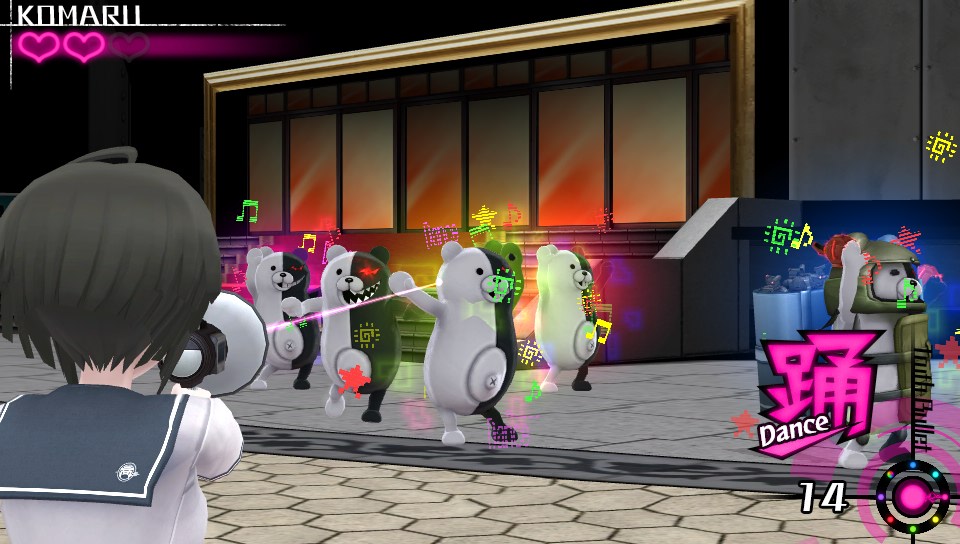Danganronpa was a surprise hit when Spike Chunsoft released it on the PlayStation Vita in 2014. The series is blend of adventure games and visual novels, and it’s since helped the Japanese publisher carve out a growing business in the U.S., even leading it to open up a subsidiary earlier this year in Southern California.
Spike and Chunsoft merged in 2012, and since then, it’s been building upon the previous brands’ presence in the West. In addition to its success with the Danganronpa (and that iconic evil bear), it’s inherited the cult following of the Fire Pro Wrestling series and another visual novel series, Steins;Gate, and the existing fansbase of the Pokémon Mystery Dungeon roguelike franchise. And it’s working on a new series, a blend of survival and role-playing that’s unique to anything I’ve seen — Zanki Zero: Last Beginning, which doesn’t have a release date yet in the West.

Unlock premium content and VIP community perks with GB M A X!
Join now to enjoy our free and premium membership perks.
![]()

![]()